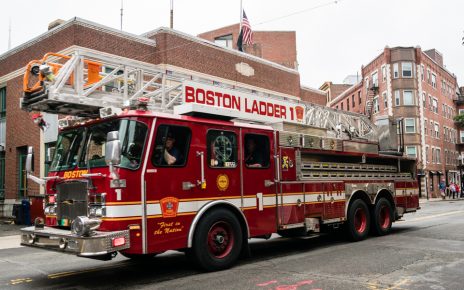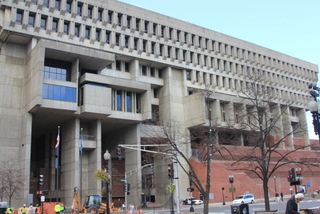City Councilor Althea Garrison wants to regulate sober homes in the city of Boston.
During a recent regular city council meeting, Garrison requested an ordinance change in terms about how sober homes are regulated.
“They lack significant regulation,” she said. “There have been serious concerns with sober homes across the Commonwealth.”
The councilor said often owners of these sober homes are not qualified to help the residents and often abuse them or take advantage of them in their time of need.

In Garrison’s ordinance proposal, sober homes would need certification from the city in order to operate. They would also have to offer the city a copy of the following:
- If the property is leased to the owner of a regulated sober home, a copy of the lease that states that the property will be designated as a regulated sober home.
- Information on how residents of the regulated sober home will be supervised at all times.
- A procedural plan for the rehabilitative process and also a strategy for the upkeep of the property and noise reduction consistent with city policies.
- The regulated sober home house rules, intake processes and relapse prevention and discharge plans.
- A recognition by the owner that only residents (other than the house director or other specified live-in staff) who are facing the disability of addiction to drugs and/or alcohol as defined by state and federal law are eligible to reside at the regulated sober home and the home will not accept those persons who pose a threat to the health or safety of the residents and the neighborhood (such as persons on the Massachusetts sex offender registry).
- Each applicant for certification to operate a regulated sober home shall consent to a full criminal background check.
“The City of Boston has a responsibility to ensure that sober homes are run in both a safe and equitable way in order to bring about the best possible outcomes for those who suffer with substance abuse problems,” said the councilor.
She wanted the ordinance to be passed during the meeting; however, the council decided to send it to committee instead where a hearing would occur about the ordinance.
Councilor Lydia Edwards said “important and robust conversations” need to happen surrounding sober homes.
“It’s just not about how to keep people safe in sober homes, but more importantly I think we need to talk about the stigma around people in recovery and being able to be integrated into our communities,” she said. “I want sober homes to thrive.”
Councilor Kim Janey agreed and said sober homes popping up in her district has become a problem.
“Not doing what they should be doing for residents who need services,” she said of the sober homes.
Janey suggested they invite colleagues from the State House to be a part of the hearing.



